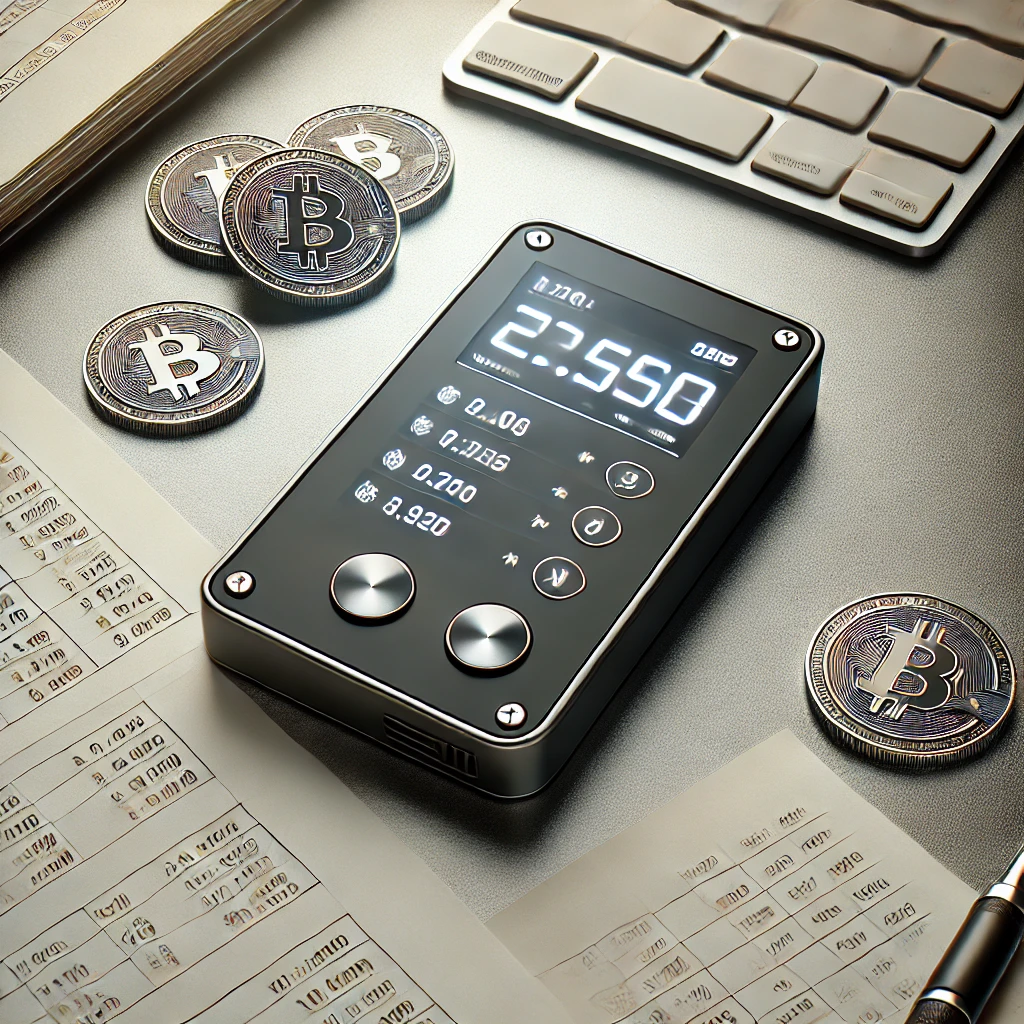
In today’s digital age, safeguarding your personal information online is more important than ever. This article explores the significance of using hardware wallets as a secure solution for storing your virtual currency.
What is a Hardware Wallet
A hardware wallet is a physical device that securely stores crypto’s private keys in offline storage, allowing users to manage multiple coins from multiple exchanges on a single device. These wallets are non-custodial, allowing users to access, track, and manage funds on a blockchain network with a secure offline physical system.
They provide a clear overview of digital asset holdings and facilitate communication with the blockchain, enabling the sending and receiving of valuable digital assets. Hardware wallets are preferred for large amounts of assets and are recommended for long-term holding.
Private keys are stored securely in digital hardware wallets. Since these wallets are unable to access the internet, it becomes extremely challenging for hackers to infiltrate the wallet.
Every transaction must be authenticated with a unique private key and protected with cryptographic bridging. To initiate a money transfer, you utilise a specific application on your mobile device and verify your identity through 2FA. The confidential key stored in the wallet is employed to sign the transaction when not linked to the internet.
Picking the Best Option
When choosing a hardware wallet, prioritise security over convenience and usability. The wallet’s design should be user-friendly without compromising security. Price should not be the primary factor when comparing wallets. Consider protection from threats, personal security, and user-specific needs, and justify the price tag for informed decisions.
Top Rated Wallets
Choose the best crypto hardware wallet for storing coins, ensuring it supports a wide range of coins. Trezor, Ledger hardware wallet, and SafePal are some of the renowned manufacturers.
Ledger Nano S and Trezor One wallets connect to mobile devices via USB, Trezor T works with USB-C, and SafePal even uses QR codes for transactions. Supported software, like Ledger Live, Trezor’s web and desktop apps, and SafePal’s smartphone app, facilitate user experience.
Bottom Line
A hardware wallet is a crucial security measure for managing virtual tokens, storing private keys offline and protecting them from online and physical threats. It enhances the digital currency experience by integrating advanced security practices with user-friendly functionalities.
